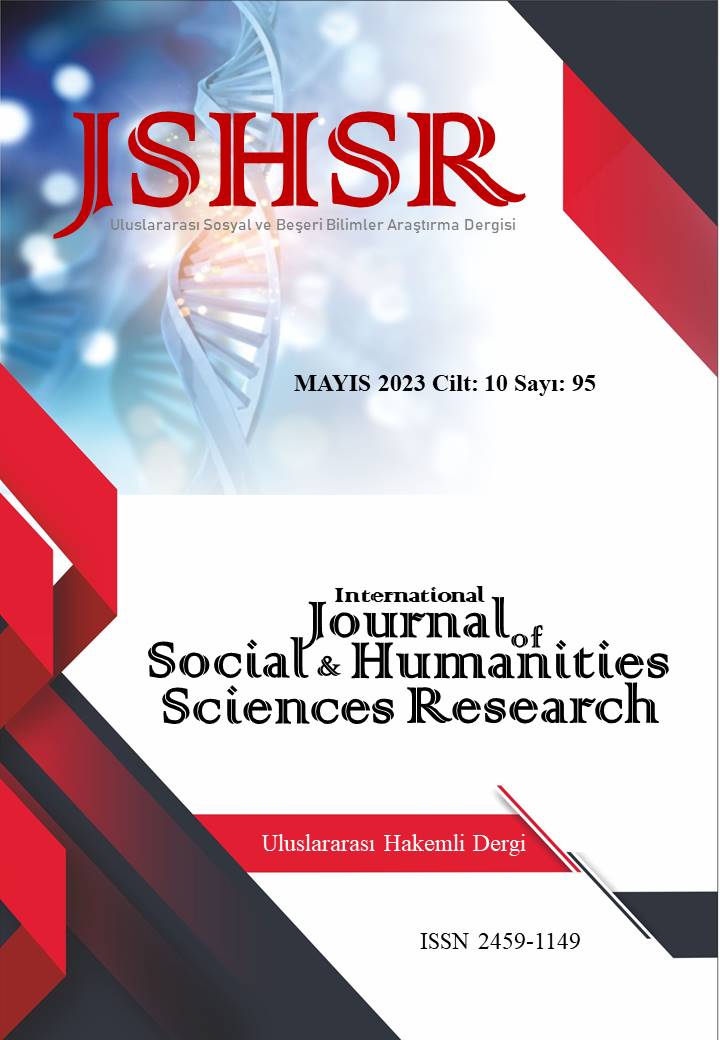THE POSITION OF PSYCHOLOGICAL WELLNESS IN EDUCATIONAL PROCESSES
DOI:
https://doi.org/10.26450/jshsr.3659Keywords:
Education, Psychology, Psychological Well-Being, TeacherAbstract
After birth, a person lives a certain life in the environment he is in, in his childhood, youth, and later years. Throughout their life, human beings have various behavioral and mental processes. The branch of science in which these processes are examined in general is psychology. Considering that the students in the structure of education will take place as adults in the future and can take part in daily life, social area, and local and country administrations, they must go through a successful education and training process. So much so that with education and training, the individual's daily life and knowledge levels, and behavior patterns in the following years can be shaped. Therefore, the psychological well-being of all stakeholders in the education and training processes, from students to parents, from teachers to school administrators, will cause the process to progress more efficiently. Although much research has been done on the concepts of psychology and psychological well-being, this study is aimed to examine the education and training processes together with the concept of psychological well-being. In line with the purpose of the research, studies evaluating the education stakeholders and psychological well-being concepts together were examined. As a result of the research, it has been determined that many concepts such as gender, total years of work in the profession, education levels, age, leadership characteristics, and intrinsic motivation are associated with psychological well-being in education processes. In addition, it has been concluded that many concepts need to be examined with psychological well-being in the education and training processes.
Downloads
Published
How to Cite
Issue
Section
License
Copyright (c) 2023 INTERNATIONAL JOURNAL OF SOCIAL HUMANITIES SCIENCES RESEARCH

This work is licensed under a Creative Commons Attribution 4.0 International License.


